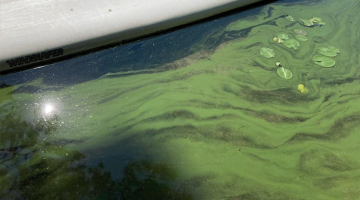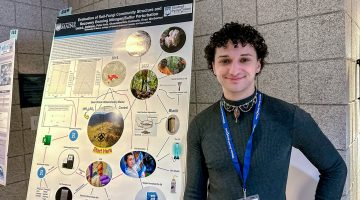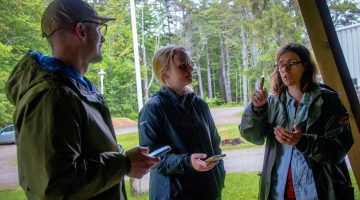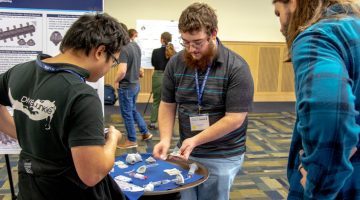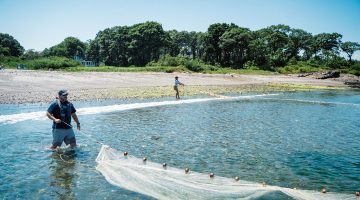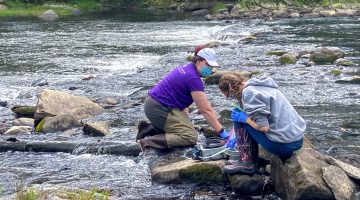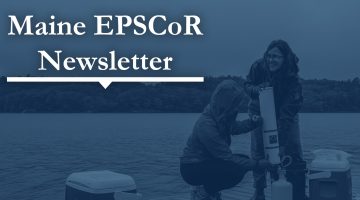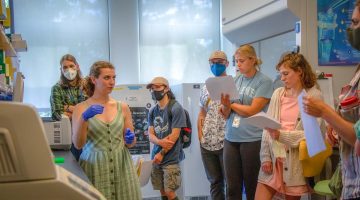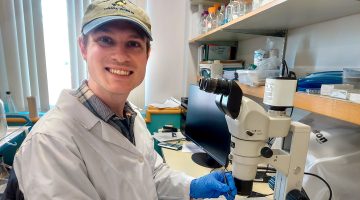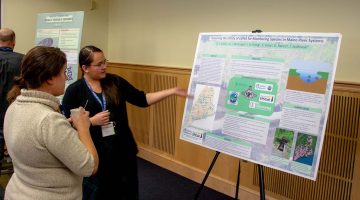Investigating Harmful Algae Blooms with Robin Sleith
By Evan Bartow, Writing Intern Located across the many aquatic enviroments of Maine, harmful algae blooms (HABs) are caused by algae that can grow uncontrollably, and cause the production of naturally produced toxins. These toxins negatively impact other organisms within the aquatic ecosystems. Robin Sleith, who started as a postdoctoral scientist at Bigelow Laboratory for […]
Read more
